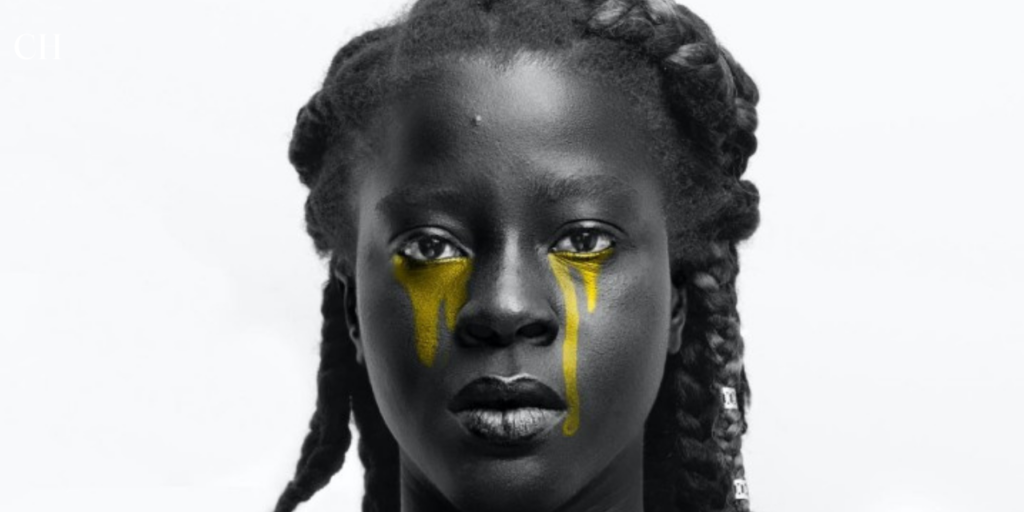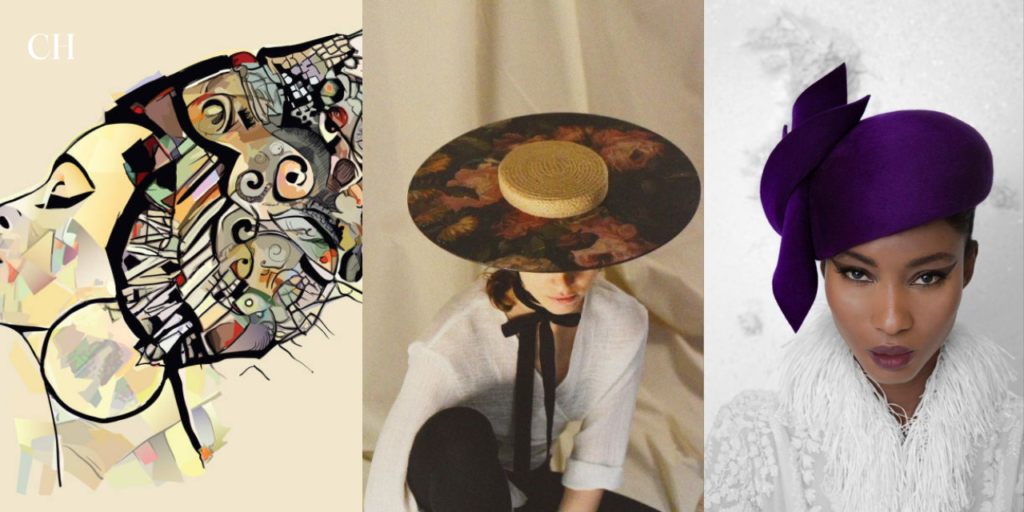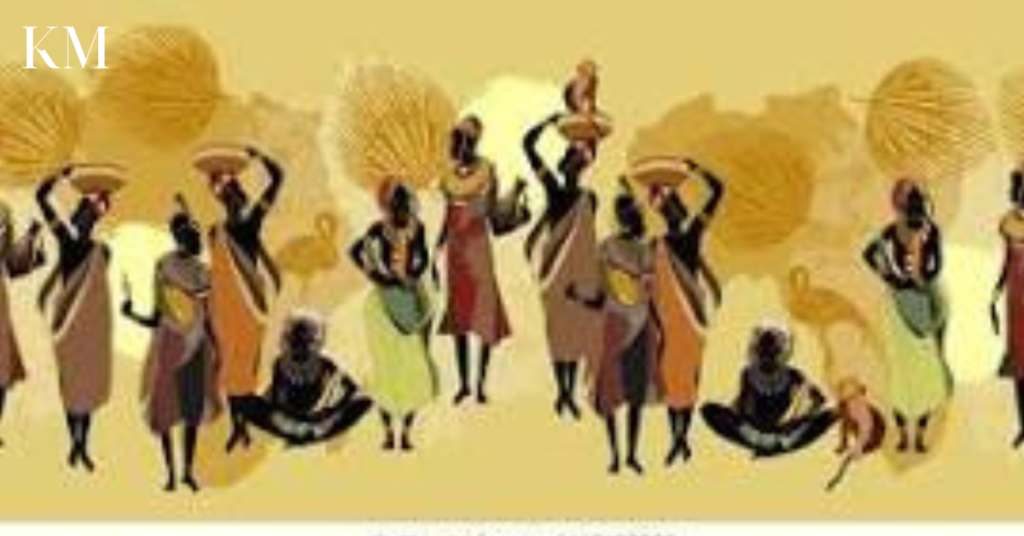
The “angry Black woman” stereotype is a detrimental and pervasive cultural lie that has shaped public perceptions of Black women for years. This stereotype, which is rooted in historical injustices, perpetuated through media portrayal, and reinforced by institutional biases, places restrictive and destructive expectations on Black women, diminishing their humanity and agency. In this essay, we will look at the roots and repercussions of the “angry Black woman” stereotype, how it affects individuals and society, and how to dismantle this damaging narrative.
Origins and Historical Context
To understand the “angry Black woman” stereotype, we must first look at its historical context. Since colonization and enslavement, Black women have been dehumanized and maligned in order to legitimize their oppression. The stereotype of the “angry Black woman” arose as a way to justify the abuse of Black women by portraying them as innately aggressive and unpredictable. This narrative reinforced power and control structures, sustaining the illusion of Black inferiority while absolving oppressors of accountability.
During the twentieth century’s civil rights and feminist movements, the stereotype of the “angry Black woman” gained fresh prominence. Black women who dared to confront systematic racism and sexism were frequently labeled as illogical or overly emotional, with their valid issues reduced to outbursts of rage. This delegitimization strategy aimed to silence Black women’s voices and undermine their activism, undermining attempts for social justice and equality.
According to Harvard Business Review, The U.S. Bureau of Labor Statistics says Black women make up nearly 7% of the workforce, and still, they are severely underrepresented in leadership positions, especially among CEOs of Fortune 500 companies. Ursula Burns, the former CEO of Xerox, became the first Black woman CEO of a Fortune 500 in 2009. As of 2021, Walgreens CEO Rosalind Brewer and TIAA’s chief executive officer Thasunda Brown Duckett are the only two Black women who currently hold that position. Overall, the U.S. Department of Labor reports that in 2020, Black women’s unemployment rate was 10.9%, compared to 7.6% for white women.
Media representation plays an important role in propagating and reinforcing stereotypes, and the portrayal of Black women in mainstream media has been especially problematic. From film and television to literature and advertising, Black women are frequently depicted using restrictive and confining stereotypes, with the “angry Black woman” character being one of the most common.
In popular culture, Black women are typically represented as loud, aggressive, and confrontational figures, supporting the stereotype of the “angry Black woman.” These images not only influence society opinions of Black women, but also how they identify themselves and negotiate their identities. Internalizing these stereotypes can result in emotions of inadequacy, self-doubt, and internalized racism, perpetuating injustice and marginalization.
Impact on People and Society
The effects of the “angry Black woman” stereotype are broad and diverse, affecting both individuals and society as a whole. Individually, Black women undergo ongoing scrutiny and judgment, with their emotions and behaviors being unduly analyzed and pathologized. Constant pressure to adhere to stereotypes can harm mental health and well-being, causing stress, worry, and depression.
Furthermore, the “angry Black woman” stereotype perpetuates societal imbalances and injustices. Black women are frequently subjected to racial profiling, discriminatory treatment, and institutional hurdles as a result of biased beliefs and stereotypes. This reinforces cycles of poverty, violence, and disenfranchisement, further marginalizing Black women and impeding their potential to grow and achieve.
Strategies for dismantling the stereotype
Dismantling the “angry Black woman” stereotype necessitates a multifaceted strategy that addresses both individual attitudes and structural biases. Education and awareness-raising are critical for breaking stereotypes and fostering empathy and understanding. Individuals can have a better knowledge of race, gender, and intersectionality by learning about the stereotype’s historical roots and societal implications.
Representation and visibility are also essential for fighting stereotypes and empowering Black women. We can combat damaging stereotypes and amplify marginalized voices by encouraging diverse and authentic depictions of Black women in the media, literature, and arts. Creating forums for Black women to share their tales and experiences can also promote community togetherness and empowerment.
Advocacy and allyship are critical for addressing systemic disparities and eliminating repressive structures. Allies may help to create a more just and equitable society by campaigning for policy reforms, supporting grassroots initiatives, and amplifying Black women’s voices. This includes speaking out against discriminatory behaviors in the workplace, healthcare, education, and criminal justice systems, as well as lobbying for legislation that address systemic racism and sexism.
Conclusion
The “angry Black woman” stereotype is a destructive and prevalent lie that denies Black women’s humanity and agency. This stereotype, which is based on past injustices and is reinforced by media representation and structural prejudices, puts limiting and destructive expectations on Black women, perpetuating cycles of oppression and marginalization. Understanding the roots and repercussions of the stereotype and implementing measures to dismantle it, we may work towards creating a more just and equitable society where all persons are valued and empowered, regardless of race or gender.


